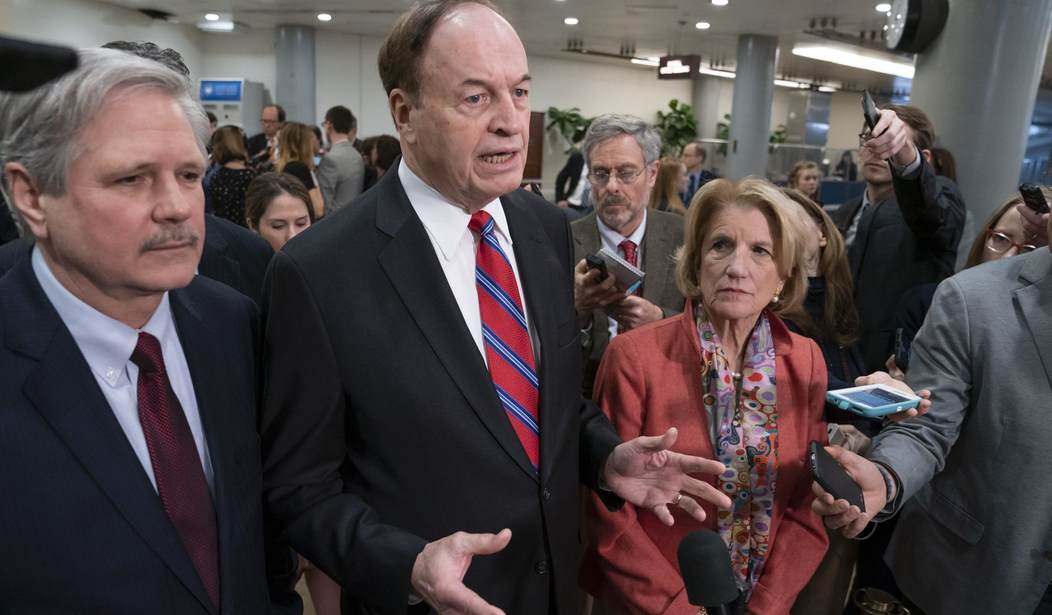WASHINGTON — Lawmakers on the bicameral, bipartisan conference committee trying to arrive at a border security agreement met behind closed doors today with representatives from the Department of Homeland Security and Customs and Border Protection and other experts who “weren’t picking and choosing” a physical barrier or technology when pressed by legislators.
“But at one point several of us on both sides of the table said you can’t have it all and you can’t have it tomorrow. What’s the first thing you want to do? What’s the highest priority? They struggled with that because they didn’t want to break with the president, but it was clear to me and clear to most of us the highest priority is technology, getting it in place at ports of entry,” Sen. Dick Durbin (D-Ill.) said. “We can talk about barriers, fences, personnel beyond that, but let’s do what’s right to stop this drug epidemic in America.”
Durbin told reporters said he thought the top priority was technology, as officials said only 15 percent of trucks and 1.5 percent of passenger cars crossing the border are scanned for narcotics, weapons and human smuggling.
He said he didn’t know if $5.7 billion — the figure President Trump wants for a wall — will pay for those kinds of tech improvements, but “what can be justified as far as I’m concerned is an investment in technology.”
Sen. Richard Shelby (R-Ala.) said what he took from the meeting is “they need a comprehensive approach that’s multi-year, it’s not just this year, it’s going to take a number of years to secure our borders — need technology and need barriers and they need people.”
Sen. Shelley Moore Capito (R-W.Va.) echoed that it’s “three buckets that we’re looking at and what kind of prioritization, but also that we can’t do one without the other — we have to include everything.”
She described the meeting as highly participatory and informative. “I feel that we’ve taken a step forward and we are ready to now put the pencil on the papers and get back to work,” she added.
“Here’s one of the examples that one of the professionals gave us that I thought was really good. It’s something we can all relate to,” said Sen. John Hoeven (R-N.D.). “You know how you have the new camera where you put it in the doorbell, somebody comes to your front door and whether your home or even somewhere else you can look on your phone and see who’s at the door, right? That’s really helpful, isn’t it? That’s situational awareness. That’s really good. But if you don’t have a front door, they can just walk in, can’t they? You need a border barrier.”
Asked if he has confidence in a border deal being forged by the end of this week — enough time for procedural votes and House and Senate consideration before the Feb. 15 appropriations deadline — Shelby replied, “I’m working toward that goal. We are hopeful. The tone is good between the various members of the conferees. We are dealing in substance now, something we haven’t done before. I think today’s meeting showed that we need a comprehensive approach to this.”
Capito said the border officials told lawmakers that 90 percent of illicit drugs come through the ports of entry. “The point was made today that because of the better detection at the points of entry for illegal drugs that they are picking up more and more drugs, more and more drugs coming in not at the ports of entry but on the on unpatrolled areas of the border,” she said.
Shelby said he had a “nice talk” about progress with House Speaker Nancy Pelosi (D-Calif.). “I just said look, can we reach a yes on this, is there any way? Or are we wasting our time? She said no, keep working together and she said she would like to see a legislative solution the sooner the better.”









Join the conversation as a VIP Member